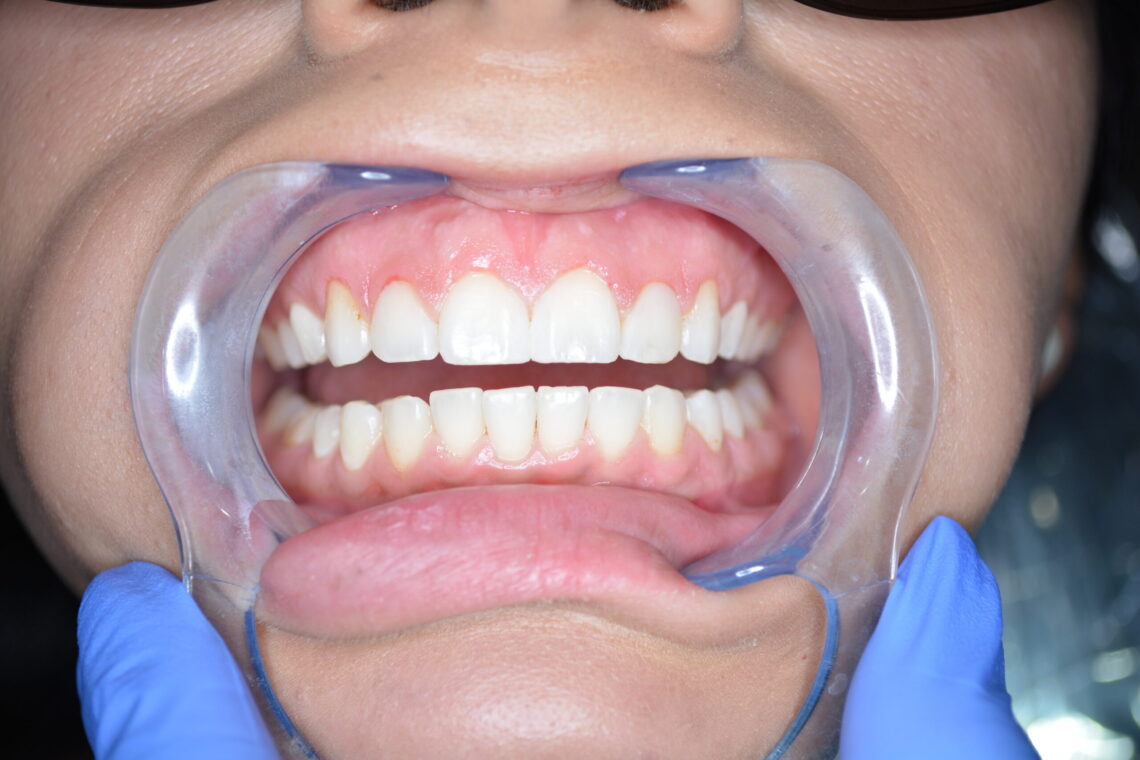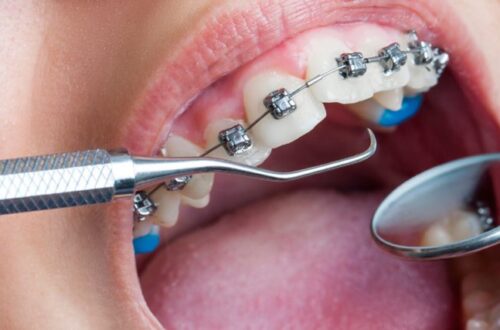
Advantages of Wisdom Teeth Removal: Is it the Ultimate Bruxism Treatment?
Is wisdom teeth removal an effective Bruxism Treatment for bruxism? Let’s delve into the advantages of this procedure and explore its potential as a solution for teeth grinding.
Alleviation of Dental Crowding
One of the primary benefits of wisdom teeth removal is the prevention of dental crowding. Often, these third molars emerge misaligned or impacted, causing overcrowding in the mouth. This overcrowding can exacerbate bruxism, leading to increased teeth grinding and associated complications. By removing wisdom teeth, the pressure on surrounding teeth is relieved, reducing the likelihood of grinding and its adverse effects.
Mitigation of Jaw Tension
Bruxism is closely linked to jaw tension and muscle strain. Wisdom teeth, especially when impacted, can contribute to the misalignment of the jaw, leading to tension and discomfort. By removing these problematic teeth, the jaw can realign, alleviating tension and reducing the urge to grind. This can significantly decrease bruxism symptoms and improve overall jaw health.
Prevention of Dental Damage
Constant grinding and clenching of teeth can cause significant damage over time, including fractures, chips, and wear. Wisdom teeth, if left untreated, can exacerbate this damage by further crowding the mouth and increasing pressure on existing teeth. Removal of these molars eliminates potential obstructions and reduces the risk of dental damage associated with bruxism, promoting better oral health outcomes.
Reduction of Headaches and Facial Pain
Bruxism often manifests as headaches, facial pain, and earaches, stemming from the strain on facial muscles and temporomandibular joint (TMJ) dysfunction. Wisdom teeth, particularly when impacted, can exacerbate these symptoms by placing additional pressure on surrounding structures. By removing these problematic teeth, patients may experience a significant reduction in headaches and facial pain, improving their overall quality of life.
Enhancement of Oral Hygiene
Wisdom teeth are notoriously difficult to clean due to their location at the back of the mouth. Their presence can hinder proper oral hygiene practices, leading to an increased risk of tooth decay, gum disease, and oral infections. By removing these inaccessible teeth, patients can improve their oral hygiene regimen, reducing the buildup of plaque and bacteria that contribute to bruxism and associated oral health issues.
Prevention of Complications
Untreated bruxism can lead to a host of complications, including tooth loss, TMJ disorders, and chronic pain. Wisdom teeth, if left unaddressed, can exacerbate these complications by adding to the existing dental and jaw-related issues. Removal of these problematic molars can prevent the escalation of bruxism-related complications, promoting long-term oral health and well-being.
Conclusion
While wisdom teeth removal is primarily undertaken to address issues such as crowding and impaction, its benefits extend beyond mere dental considerations. By alleviating dental crowding, mitigating jaw tension, preventing dental damage, reducing headaches and facial pain, enhancing oral hygiene, and preventing complications, this procedure may serve as an effective treatment for bruxism. However, it’s essential for patients to consult with their dentists or oral surgeons to determine the suitability of wisdom teeth removal as part of their bruxism treatment plan.




